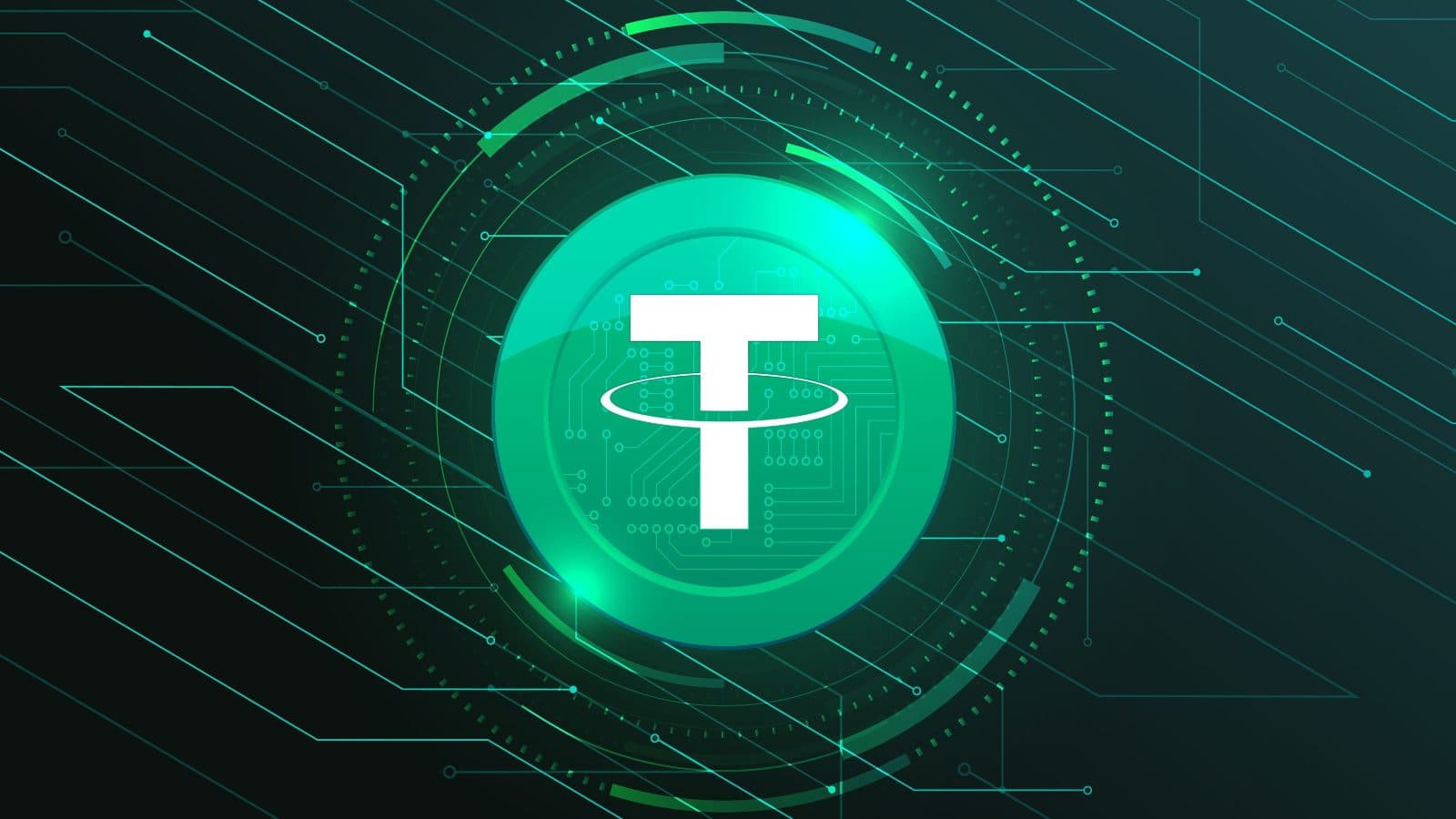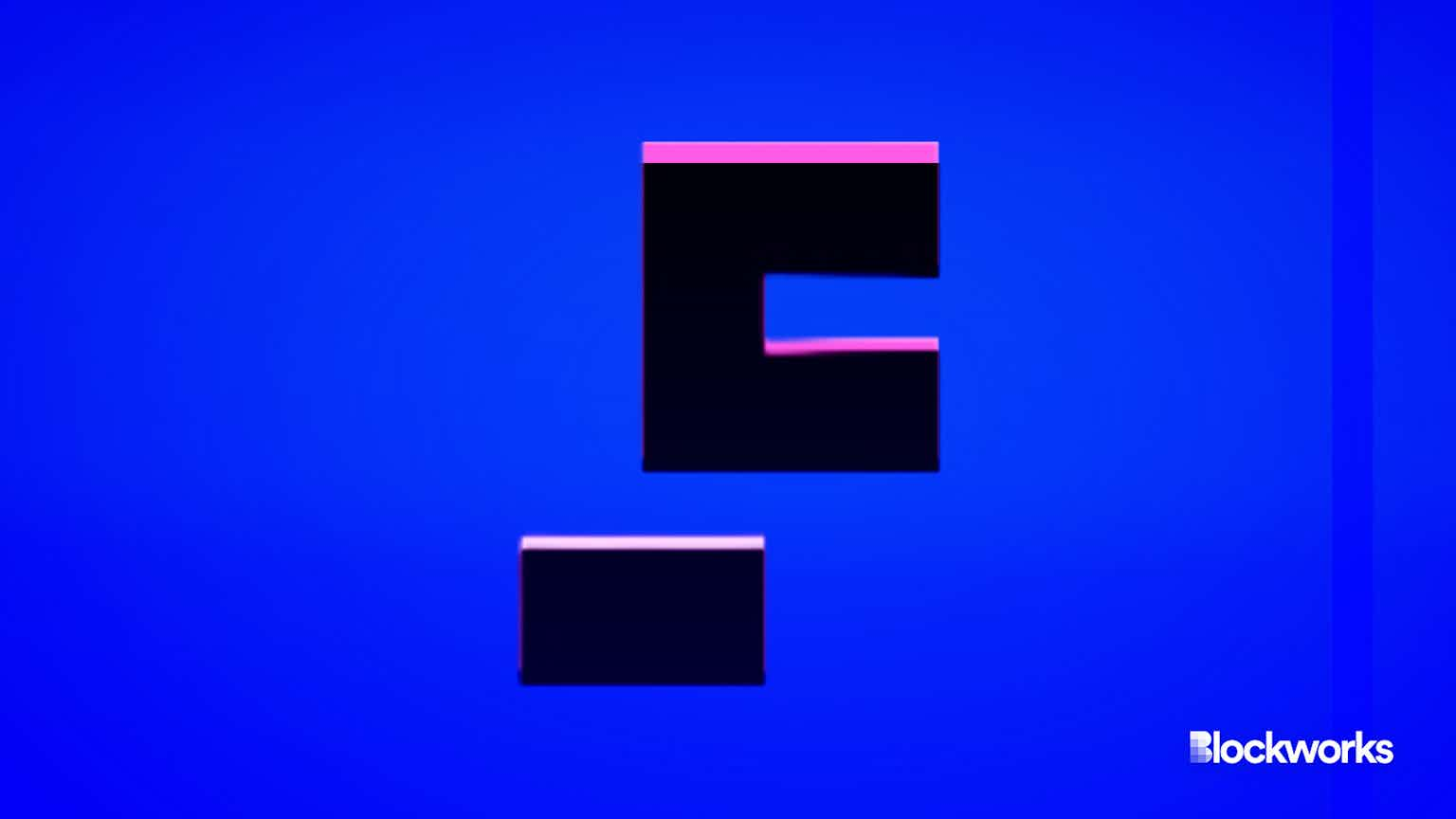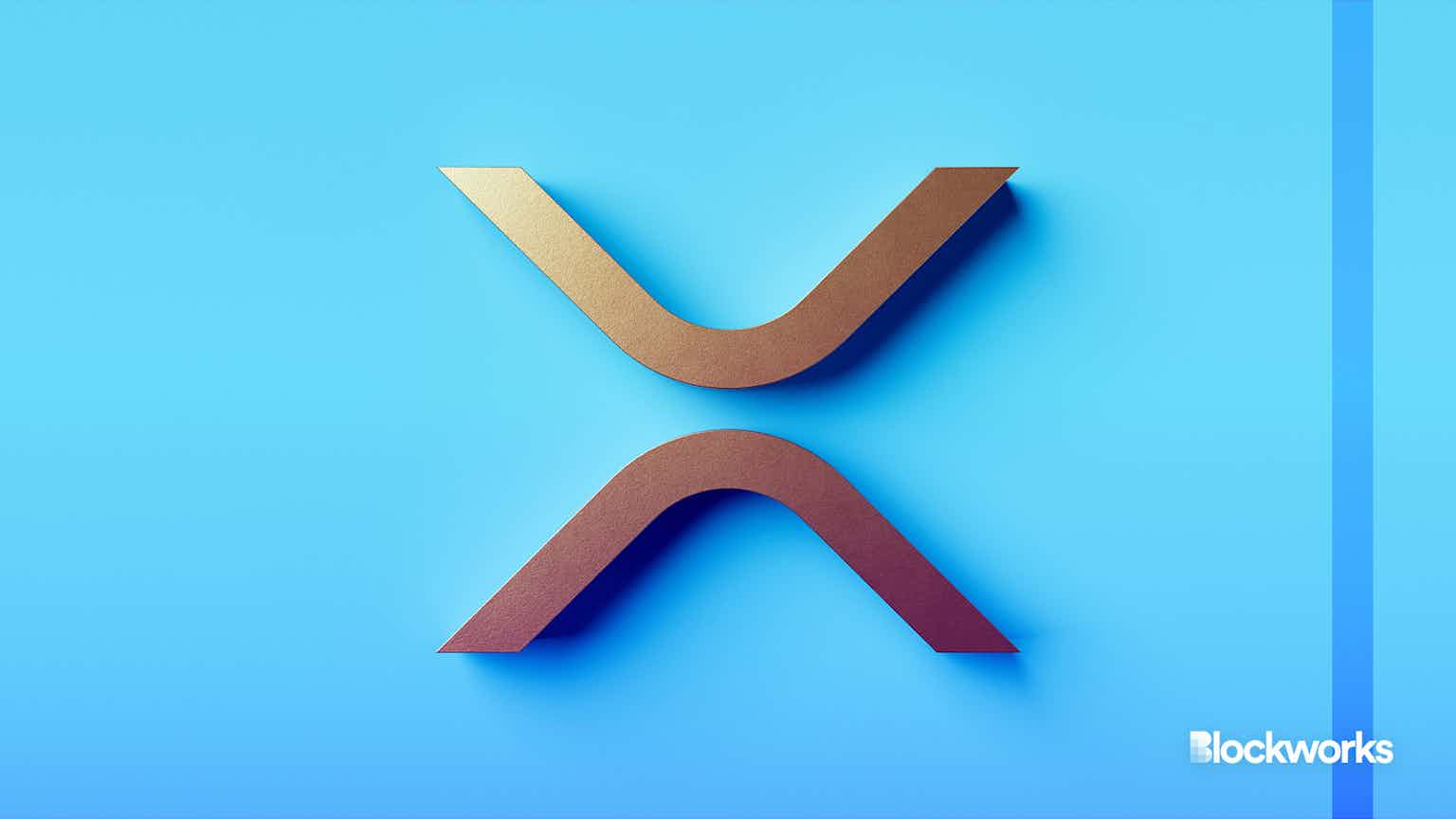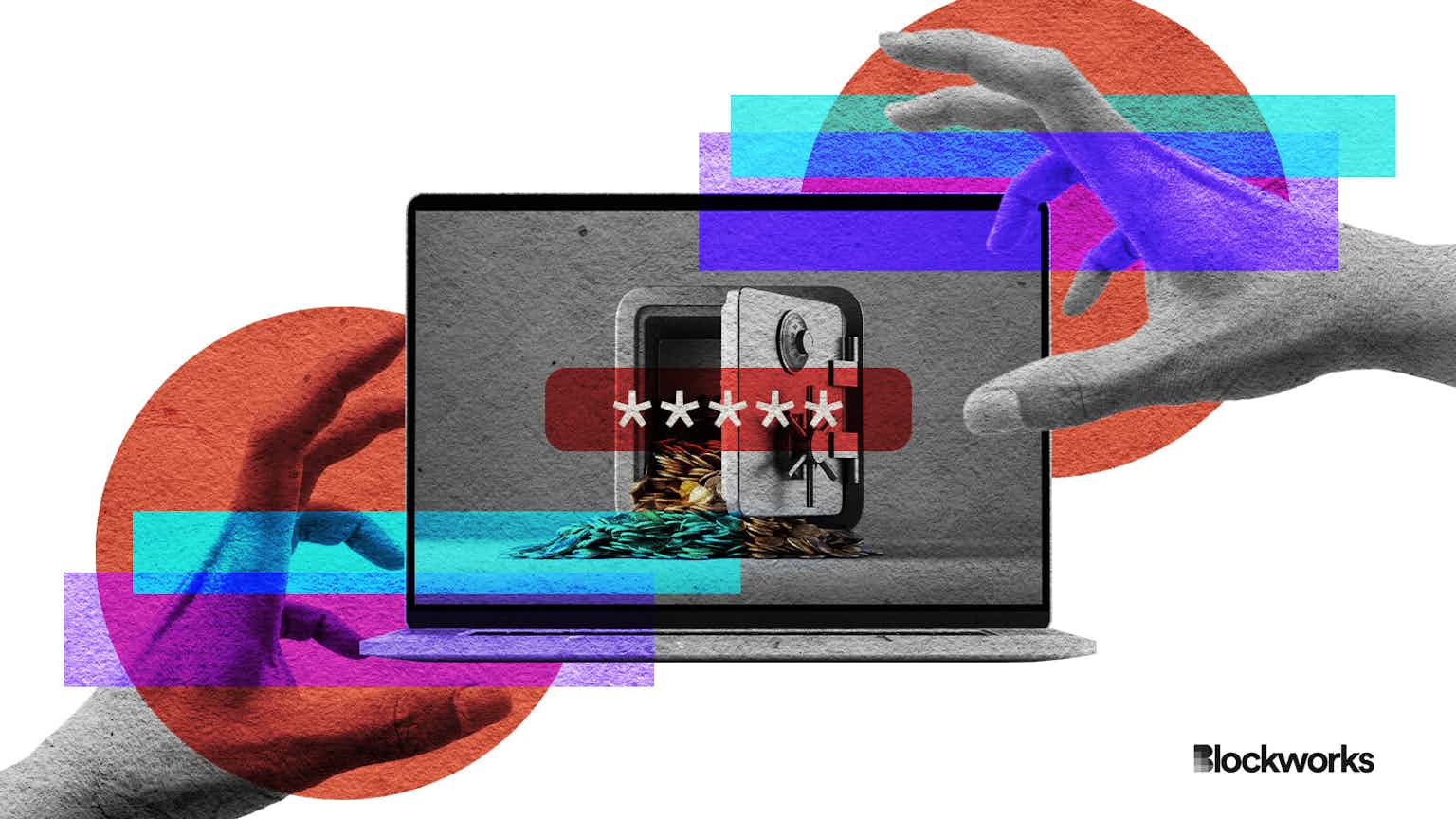Tether Pushes Back Timeline on Audit: Report
Tether has promised a full review of its books for more than five years, ever since questions of its reserves began to circulate

Source: Shutterstock
key takeaways
- Tether’s CTO, Paolo Ardoino has pushed back the timeline for his company to undergo a full financial audit
- The stablecoin issuer recently said it would issue monthly attestations, more frequently than called for under a 2021 settlement with the NYAG
Tether Holdings Limited continues to move the goal posts on a full audit of its reserves backing the industry’s largest stablecoin.
Chief technology officer Paolo Ardoino — the public face of the company on nearly all matters — said Friday a review of what exactly backs the stablecoin issuer’s coin (USDT) is still “likely months” away, according to a report by the Wall Street Journal.
Tether has repeatedly promised a full audit of its stablecoin reserves for over five years. A spokesperson for Ardoino did not immediately respond to a request for comment.
The company does release quarterly attestations, separate from a thorough audit, as required by a 2021 legal settlement with the New York Attorney General’s Office. Following the hiring of its new accounting firm, BDO Italia, earlier this month, Tether said it intends to release them on a monthly basis, beginning early next year.
The world’s largest stablecoin by market capitalization ($67.6 billion) consists of various reserve holdings that back the coin’s one-to-one US dollar-pegged value. As of June 30, Tether and its subsidiaries had roughly $66.4 billion in consolidated assets to $66.2 billion in liabilities, with a roughly $200 million buffer, according to a report by BDO.
Those include cash and equivalents, loans, corporate bonds and digital assets, among others. USDT’s reserves also include unsecured debt via commercial paper, making up more than 15%, according to its website.
BDO earlier this month confirmed the issuer had trimmed more than 58% of its commercial paper from the prior quarter, from $20 billion down to $8.5 billion. Tether intends to reduce that figure to zero.
For some time, no one knew for certain what exactly of its reserves backed its stablecoin which repeatedly drew criticism from skeptics.
The issuer has come under repeated fire from industry participants, law enforcement agencies, government and legal professionals over the veracity of its claims.
Of the issuer’s $66.4 billion in assets, around $28.5 billion are in US treasurys with a further $6.8 billion in money market funds. That’s in addition to the $8.5 billion in commercial paper.
Roughly $5.4 billion are in cash and bank deposits, $397,000 in non US-treasury bills, $3.4 billion in corporate bonds, funds and precious metals, while $4.4 billion reside in unsecured loans.
More than $5.5 billion stem from the opaque “other investments” category, which, following an audit, would hope to reveal greater transparency there.
Last year, Tether was barred from operating in New York following an $18.5 million settlement with the NYAG over allegations it had been involved in an $850 million cover up with then shadow bank Crypto Capital in 2017.
The settlement, along with other requirements, obliges Tether to release the quarterly attestations which — unlike a more thorough audit — only guarantees the accuracy of its balance sheet, as tabulated by Tether itself, at the time of the accounting firm’s report.
Circle, which maintains the $52 billion market cap US Dollar Coin (USDC), releases monthly attestations of its reserves, approved by Grant Thornton LLP.
Start your day with top crypto insights from David Canellis and Katherine Ross. Subscribe to the Empire newsletter.





